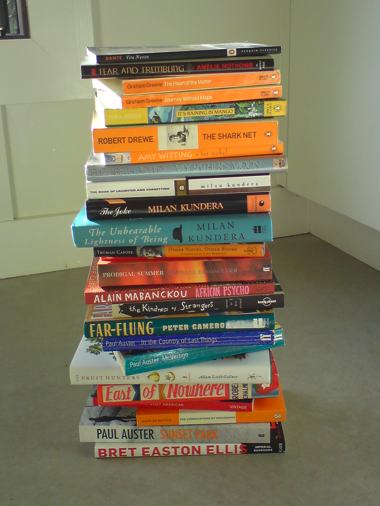The following was written by columnist and humorist – the late Erma Bombeck.
If I had my life to live over, I would have talked less and listened more.
I would have invited friends over to dinner even if the carpet was stained and the sofa faded.
I would have eaten the popcorn in the ‘good’ living room and worried much less about the dirt when someone wanted to light a fire in the fireplace.
I would have taken the time to listen to my grandfather ramble about his youth.
I would never have insisted the car windows be rolled up on a summer day because my hair had just been teased and sprayed.
I would have burned the pink candle sculpted like a rose before it melted in storage.
I would have sat on the lawn with my children and not worried about grass stains.
I would have cried and laughed less while watching television – and more while watching life.
I would have shared more of the responsibility carried by my husband.
I would have gone to bed when I was sick instead of pretending the earth would go into a holding pattern if I weren’t there for the day.
I would never have bought anything just because it was practical, wouldn’t show soil or was guaranteed to last a lifetime.
Instead of wishing away nine months of pregnancy, I’d have cherished every moment and realized that the wonderment growing inside me was the only chance in life to assist God in a miracle.
When my kids kissed me impetuously, I would never have said, “Later. Now go get washed up for dinner.”
There would have been more “I love you’s”.. More “I’m sorrys” …
But mostly, given another shot at life, I would seize every minute… look at it and really see it … live it…and never give it back.










Recent Comments